Developing analytical skills Worksheets for Ages 4-9
15 filtered results
-
From - To
Boost your child’s analytical skills with our specially designed worksheets for ages 4-9. These engaging resources foster critical thinking and problem-solving abilities through fun, age-appropriate activities. From puzzles and brain teasers to sorting and pattern identification, our worksheets encourage kids to think creatively and logically. Ideal for home or classroom use, each worksheet is crafted to promote learning while keeping your little ones entertained. With a variety of topics and skill levels, you'll find the perfect fit for your child's needs. Start nurturing your child's analytical thinking today and set them on the path to academic success with our interactive learning tools!
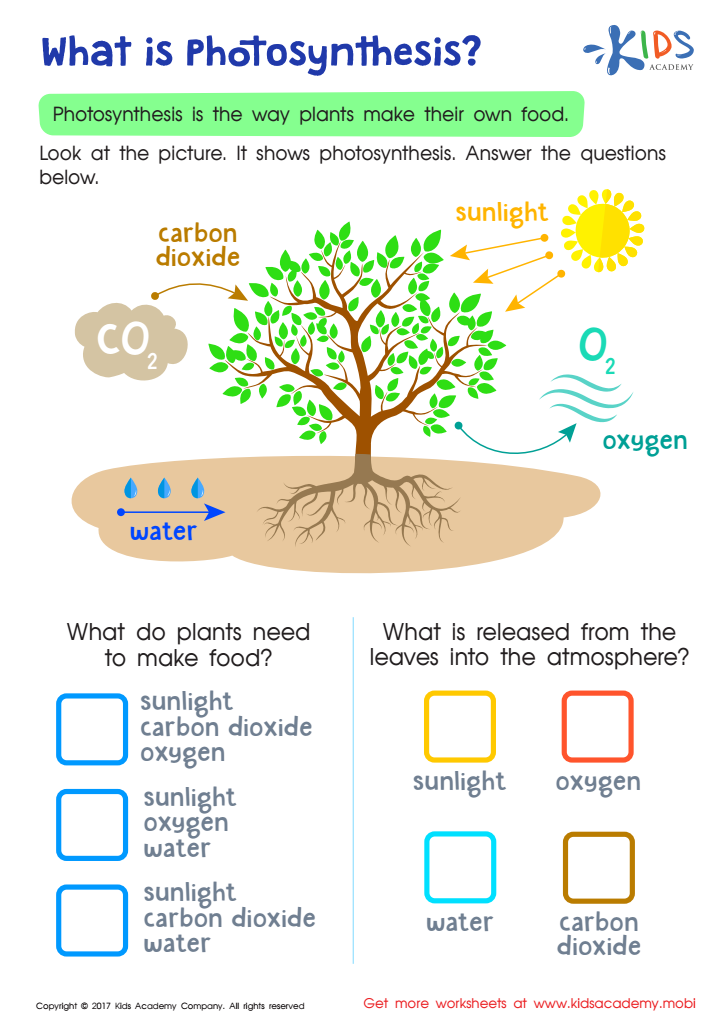

What is Photosynthesis Printable
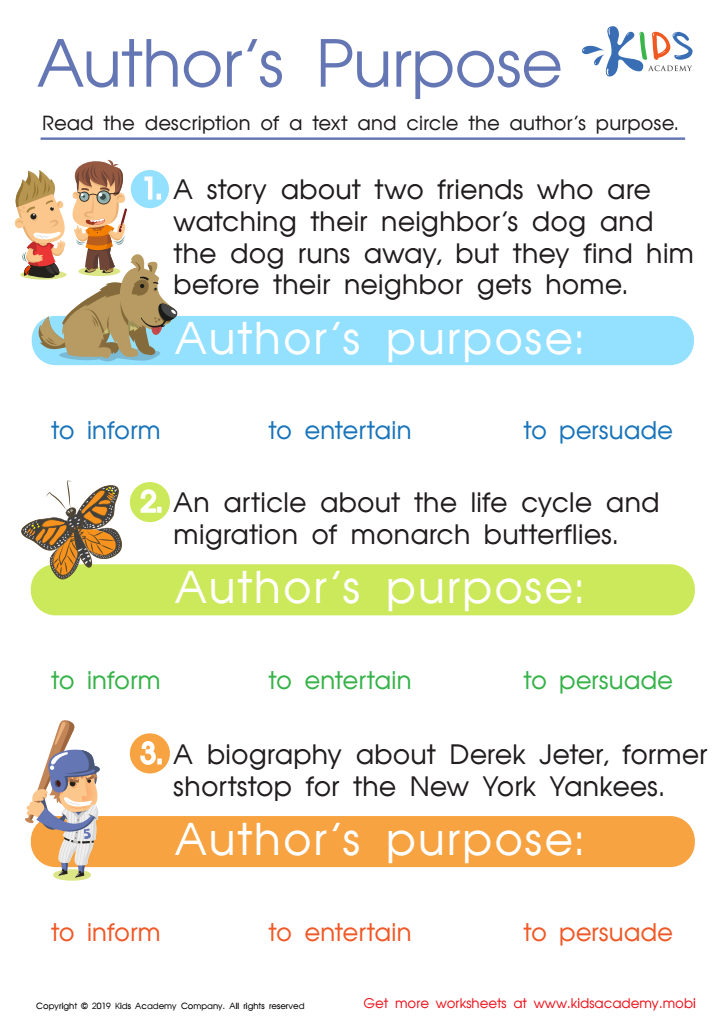

Author's Purpose Worksheet
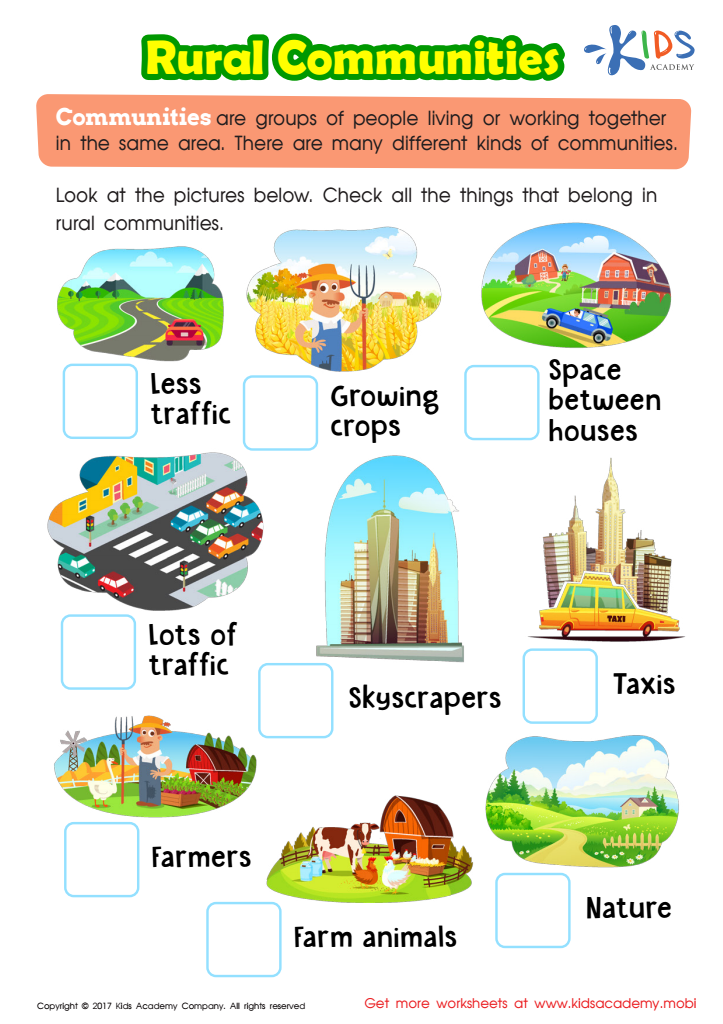

Rural Communities Printable
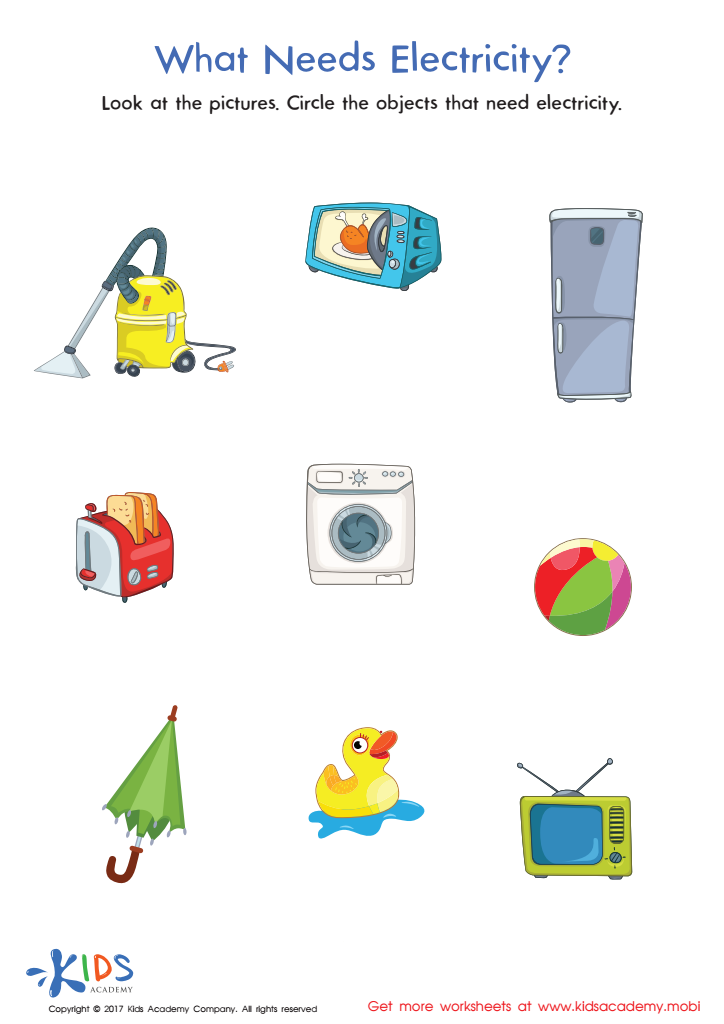

What Needs Electricity Printable
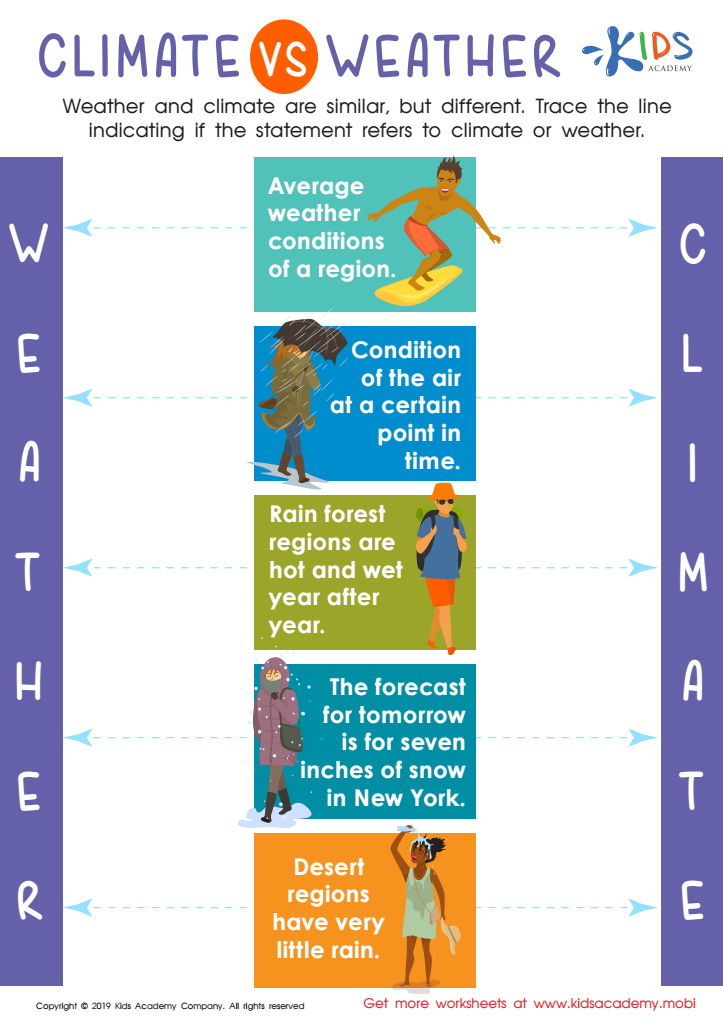

Climate vs Weather Worksheet
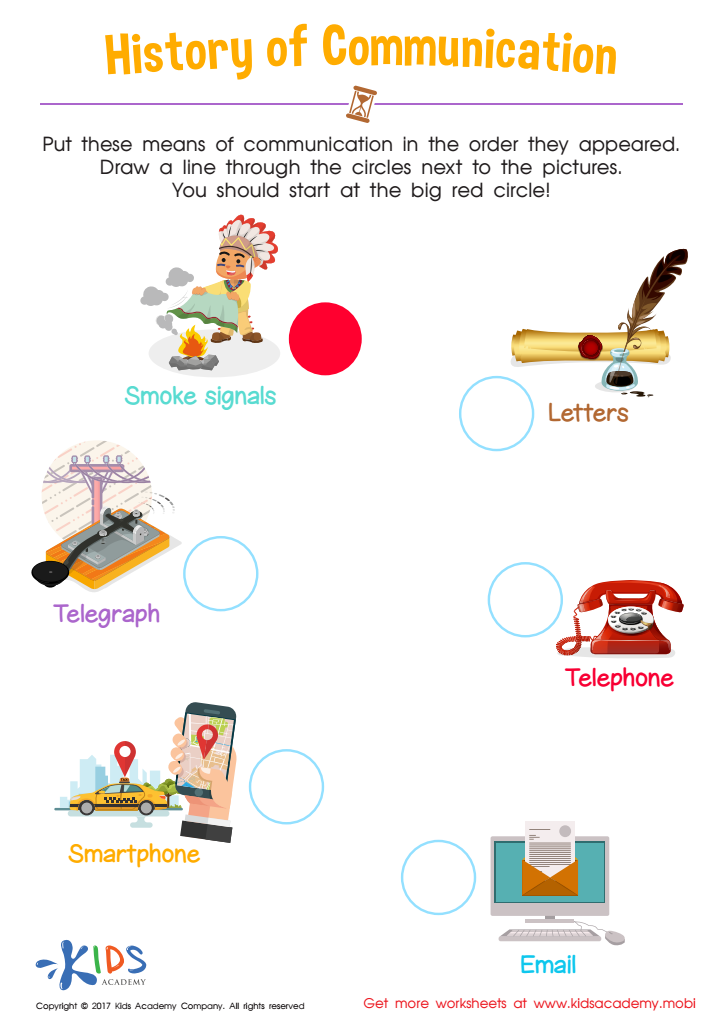

History of Communication Worksheet
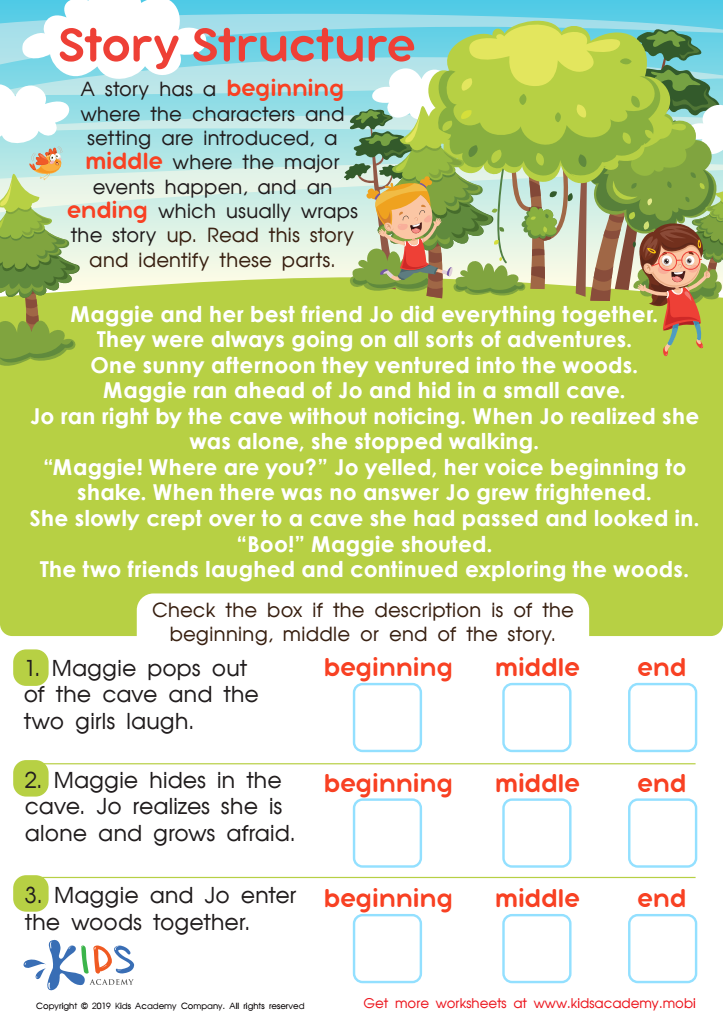

Story Structure Worksheet
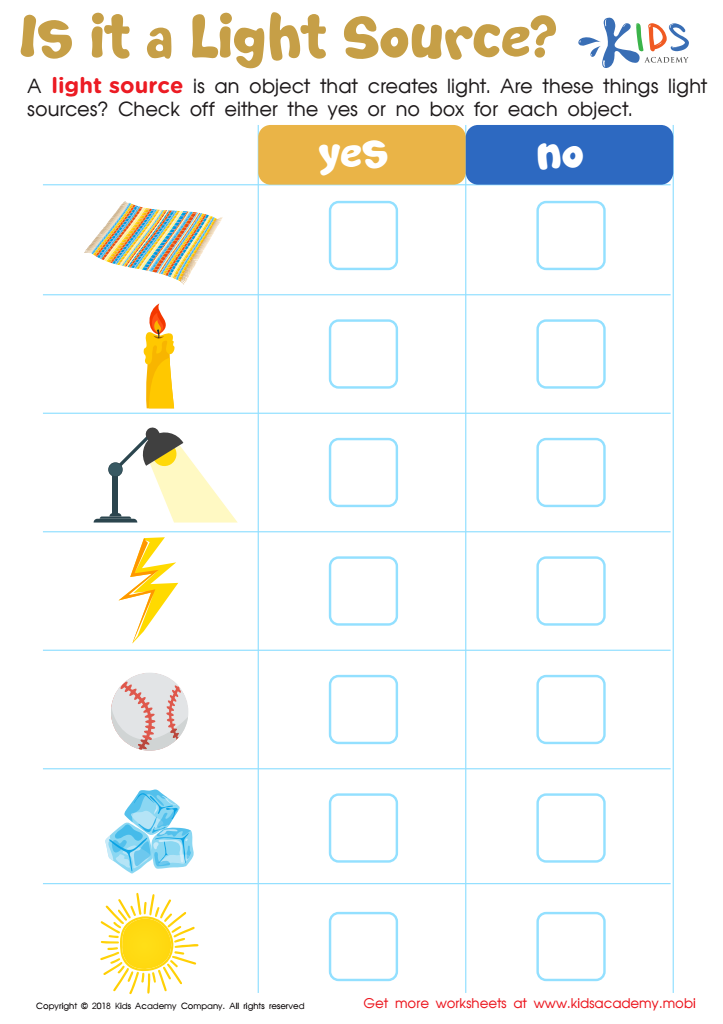

Is It a Light Source? Worksheet
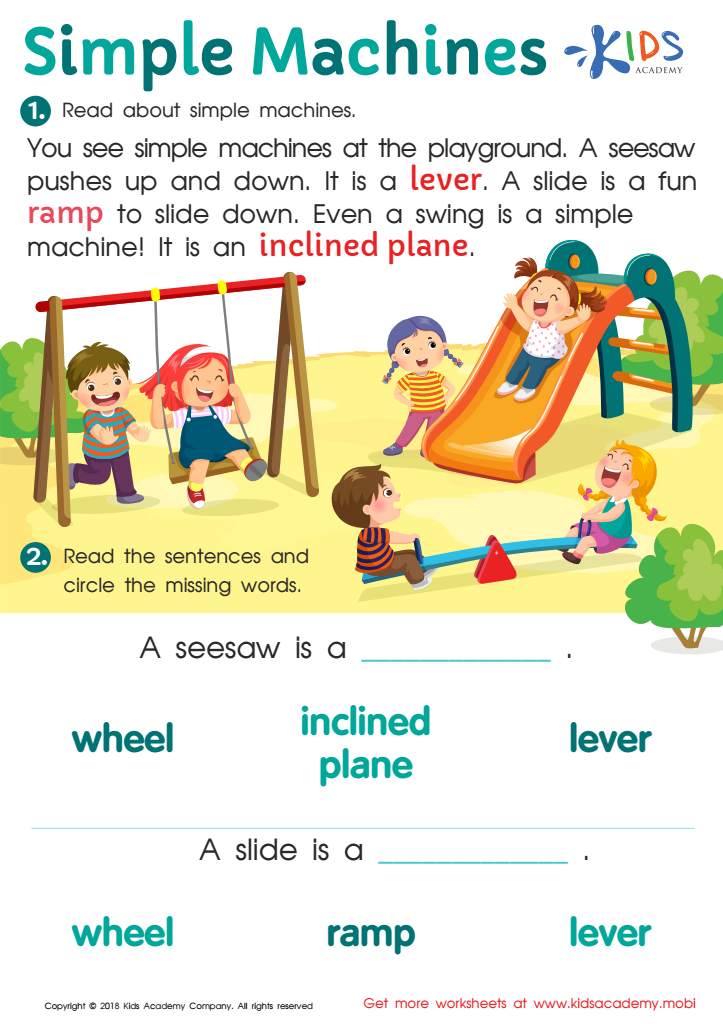

Simple Machines Worksheet
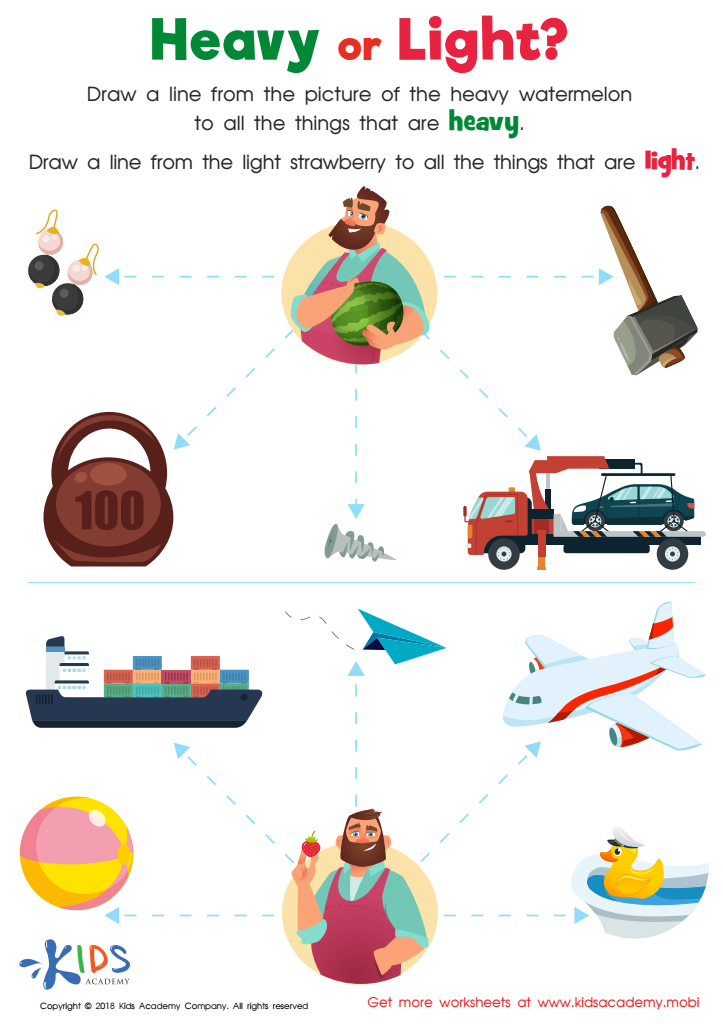

Heavy or Light? Worksheet
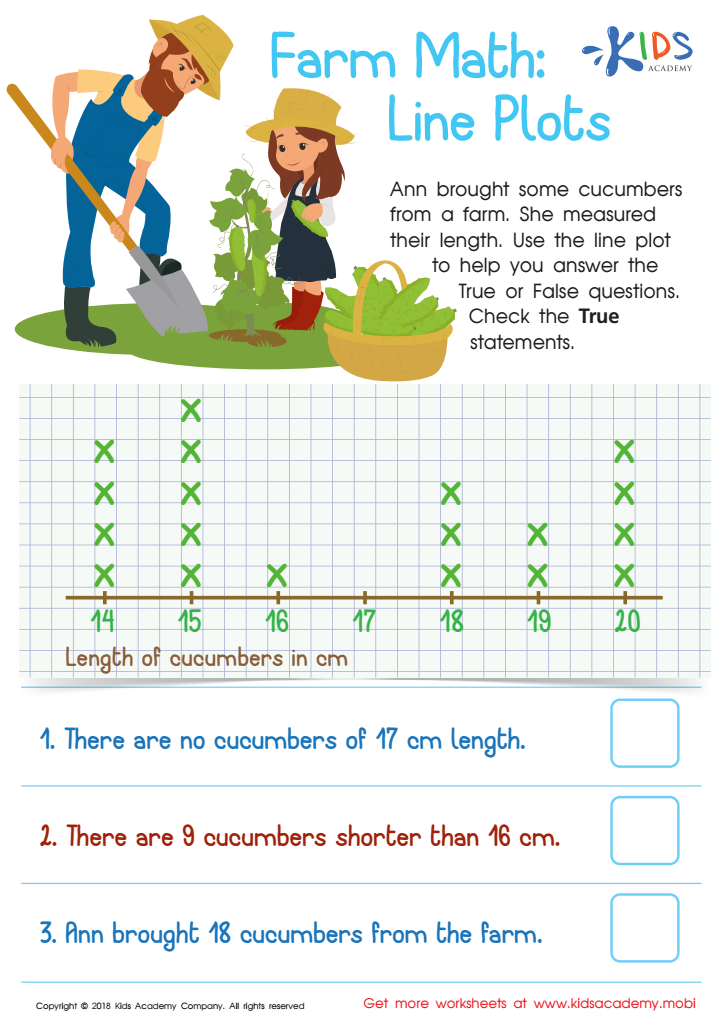

Farm Math: Line Plots Worksheet
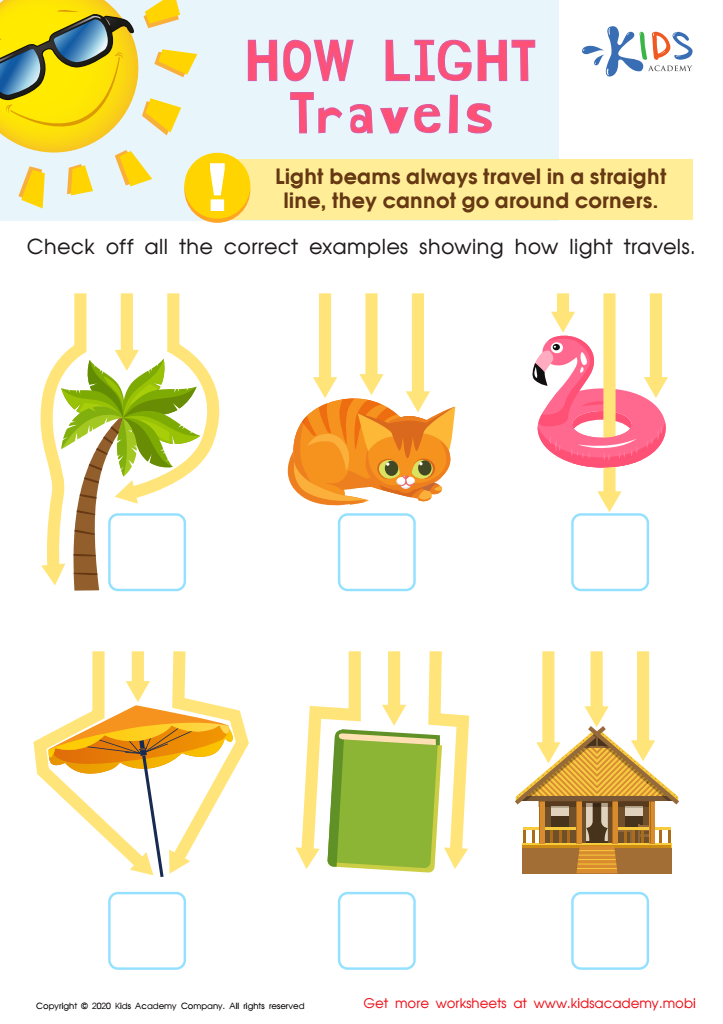

How Light Travels Worksheet
Developing analytical skills in children aged 4-9 is crucial for their overall cognitive development and future success. At this stage, children's brains are particularly receptive to learning, and fostering analytical skills helps them make sense of their world. By engaging children in activities that encourage logical reasoning, problem-solving, and critical thinking, parents and teachers lay a foundation for lifelong learning.
These skills empower children to break down complex problems into smaller, manageable parts, enabling them to navigate academics and real-life situations with confidence. Enhancing analytical skills also promotes creativity, as children learn to approach challenges from multiple angles and devise innovative solutions. Moreover, these skills are fundamental to subjects like math and science, which require a strong ability to analyze data and draw conclusions.
As children grow, strong analytical abilities will help them make informed decisions, evaluate information critically, and develop a structured approach to problem-solving. Encouraging analytical thinking at this formative age cultivates independent, self-directed learners who are better equipped to face the challenges of a rapidly changing world. For parents and teachers, focusing on these skills is not just an educational priority; it's an investment in their child's future readiness and resilience.
 Assign to My Students
Assign to My Students

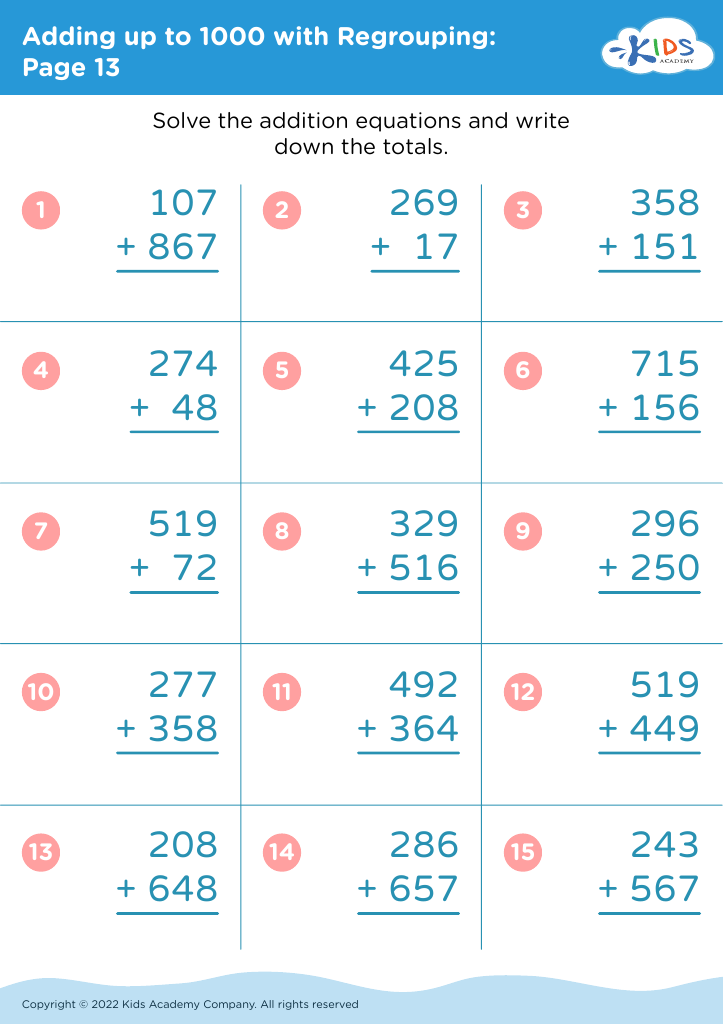
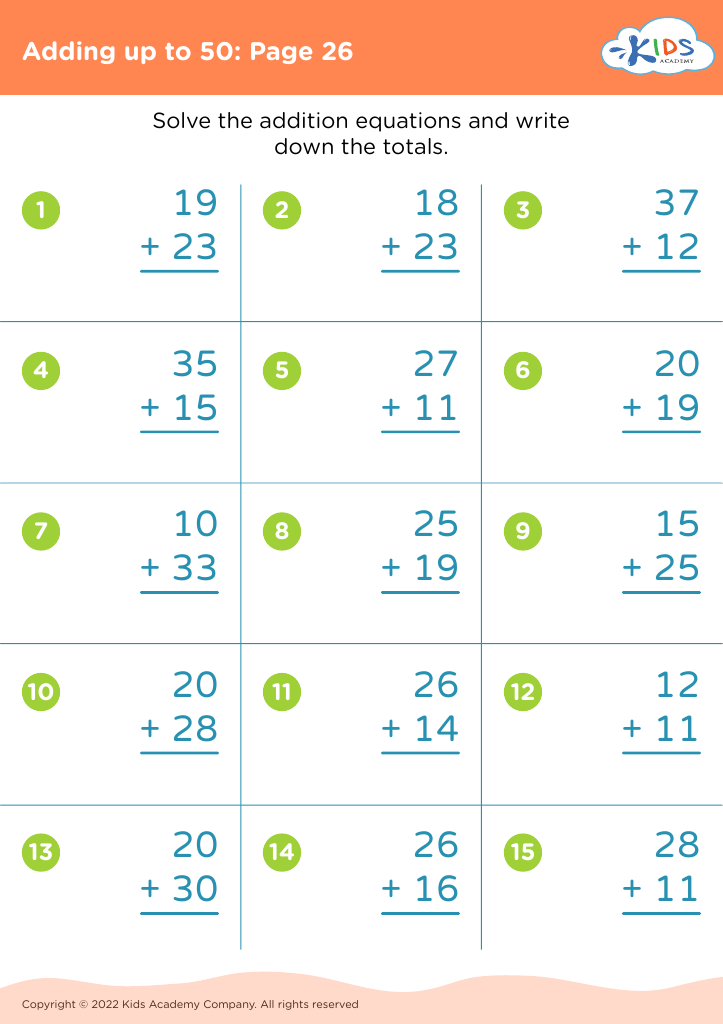
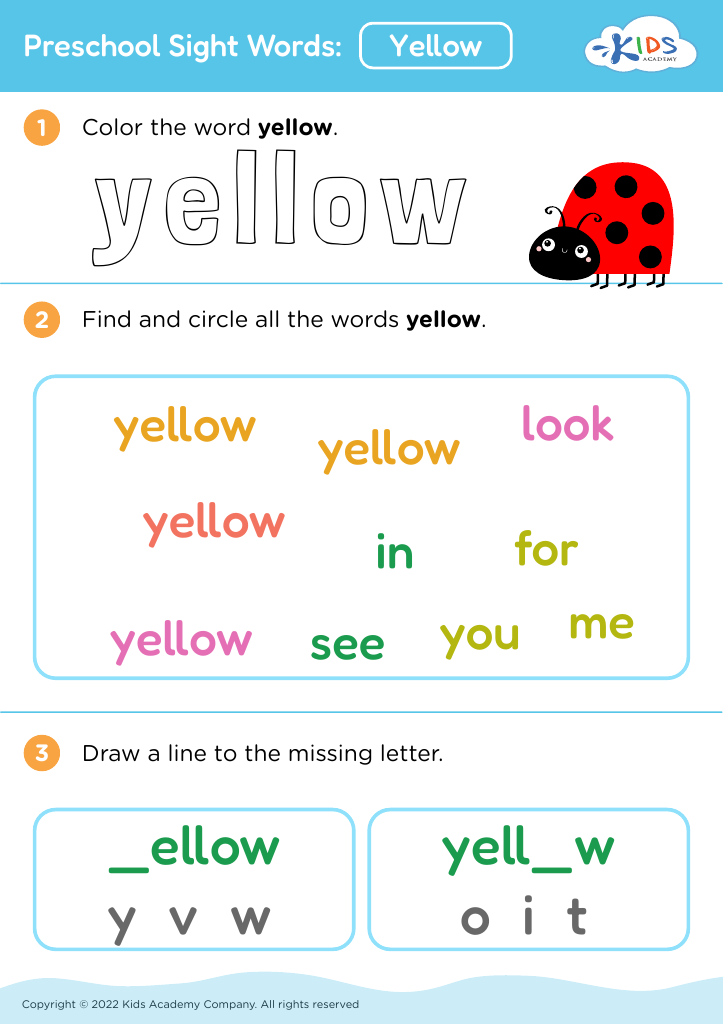





.jpg)











